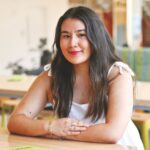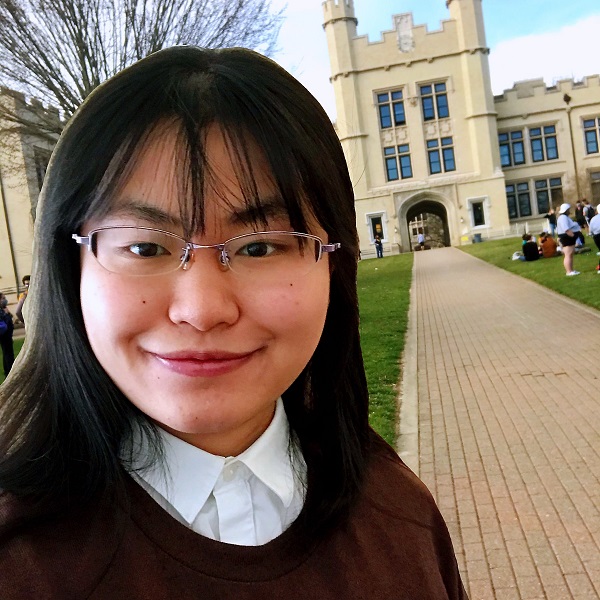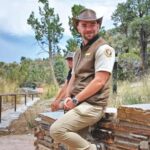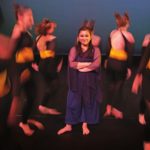
Combining majors in computer science and sociology, student designs a computer model to investigate the spread of rumors on Twitter

Majors: Computer science and sociology
Advisors: Tom Tierney, professor of sociology and anthropology, and Heather Guarnera, assistant professor of computer science
I.S. Title: Defeating the COVID-19 Infodemic on Twitter: A SIP agent-based model of rumor propagation and truth bot intervention
While sociology and computer science may seem like a “rare combination” Zhen Guo ’21, who came to The College of Wooster as an international student from Beijing, China, sees more research combing the disciplines in the future. For her Independent Study in her senior year, she built a model to study how rumors specifically related to COVID-19 spread on Twitter and what can be done to stop them. In her analysis and conclusions, she applied sociological theories about what drives people to share rumors to her research.
“As social media is growing, people around the world are connecting and are forming a new kind of society. I think it’s important to study that to understand why a particular conflict shows up and what we can try to do to make it better.”
—Zhen Guo ’21
What originally inspired your research?
“When the COVID-19 pandemic first started, I saw a lot of rumors on social media that created stigmas and stereotypes against Asian groups. I also saw conspiracy theories in China that the virus was created by the U.S. and brought into China by the army. I was wondering why people believe in those rumors and what kind of influence they have. That’s a very broad question, so later I narrowed my I.S. down to modelling the spreading behavior of rumors.”
What did you do for your project and what were your significant conclusions?
“My I.S. is a model of rumors spreading on Twitter. I built a model with computer-generated agents to simulate human behaviors such as reading posts and posting tweets. Most importantly, I developed intervening methods. I insert a special kind of bot into the model called the ‘Truth Bot,’ a computer-generated human that spreads truth, or anti-rumor messages. I found the best time to insert the Truth Bot is always at the beginning. In real life it’s impossible to detect rumors at the beginning stage but when you detect at least 20 percent of people who have been spreading rumors and then you start to intervene, it’s not too late and all the human agents will eventually forget about the rumor and believe the truth.”
How did your mentors on the project support you throughout the process?
“My advisors listened to my thoughts and gave me feedbacks about where I should go. I have a problem of having too many ideas and cannot find a focus. They really helped on that. They also encouraged me when I was stuck, telling me what I am doing is significant and meaningful.”
How do you bring together your majors of sociology and computer science in this project?
“The majors might be a rare combination for now, but I can see how in the future computer science could be applied to many fields. From the sociology perspective, I am using two theories called law of imitation and actor-network theory. The main idea of law of imitation is that rumor spreading is imitative and individual people who have heard of the rumor think it’s true and then believe they have the responsibility to spread it. Actor network theory considers individual human agency. The main idea of this theory is individuals form a society so as each one of the individuals spreads a rumor the whole population starts believing in this rumor. If we can solve the rumor belief as individuals, the whole network will be recovered. From the computer science perspective, I am using a dynamic form of modelling where I create the actual individuals and then let them simulate human behavior and then we can directly see how many spreaders are in the model.”
What is next for you after graduation?
“I have accepted a Network Science PhD offer from Northeastern University to study misinformation spreading on social networks on social media. It is a combination of computer science/network science with a lot of fields including biochemistry, social networks, and political networks. It’s an emerging field, and I can see that especially as our technology develops, there will be more research in these kinds of interdisciplinary fields.”
Posted in Independent Study on April 29, 2021.
Related Posts
Related Areas of Study
Sociology
Closely affiliated with the Anthropology program, sociology majors at The College of Wooster take core courses in research methods and theory.
Major MinorComputer Science
Solve complex problems with creative solutions using computer programming and applications
Major Minor

